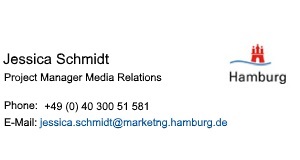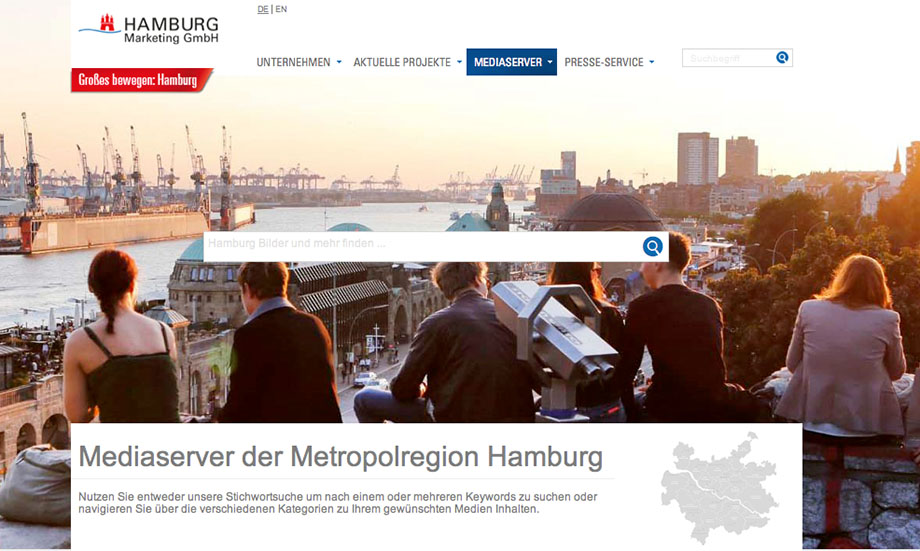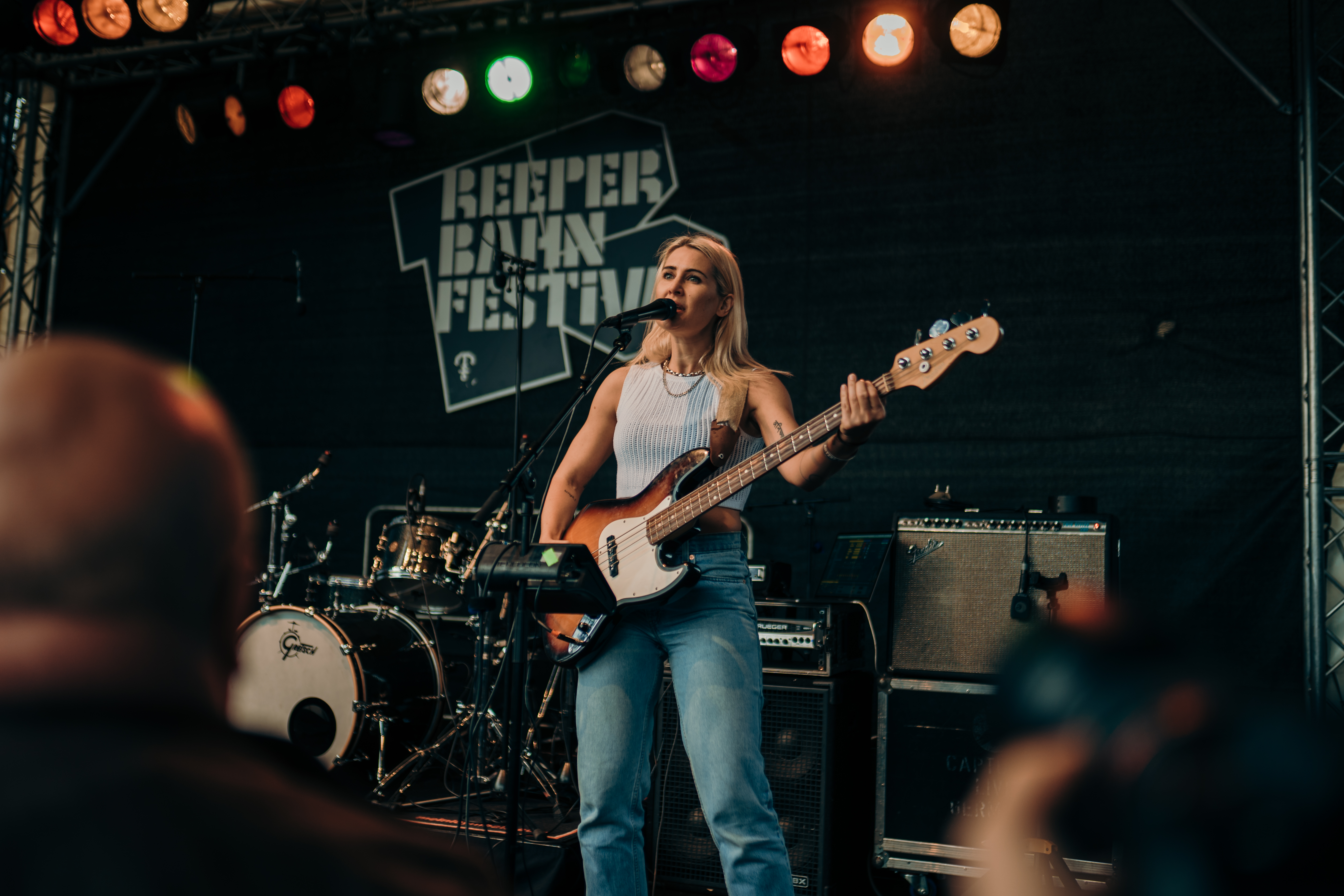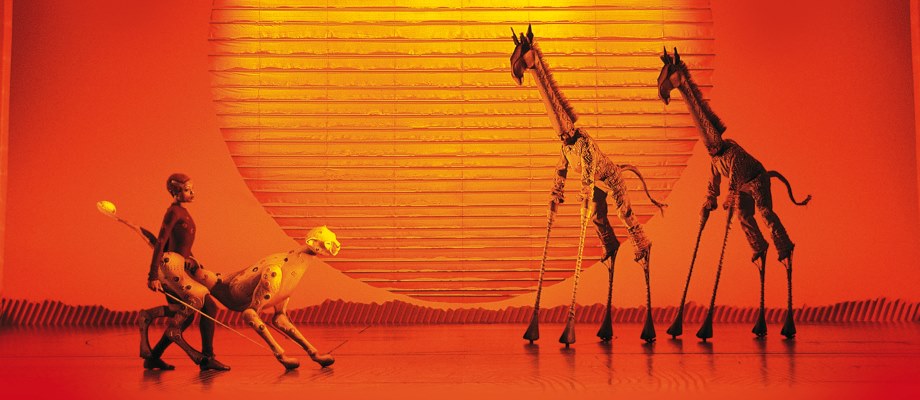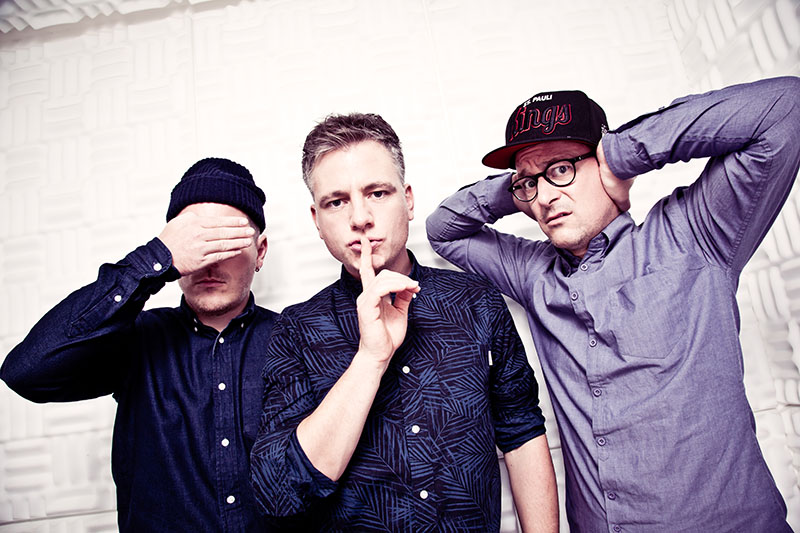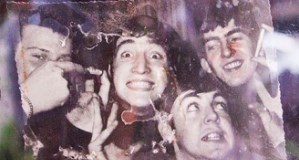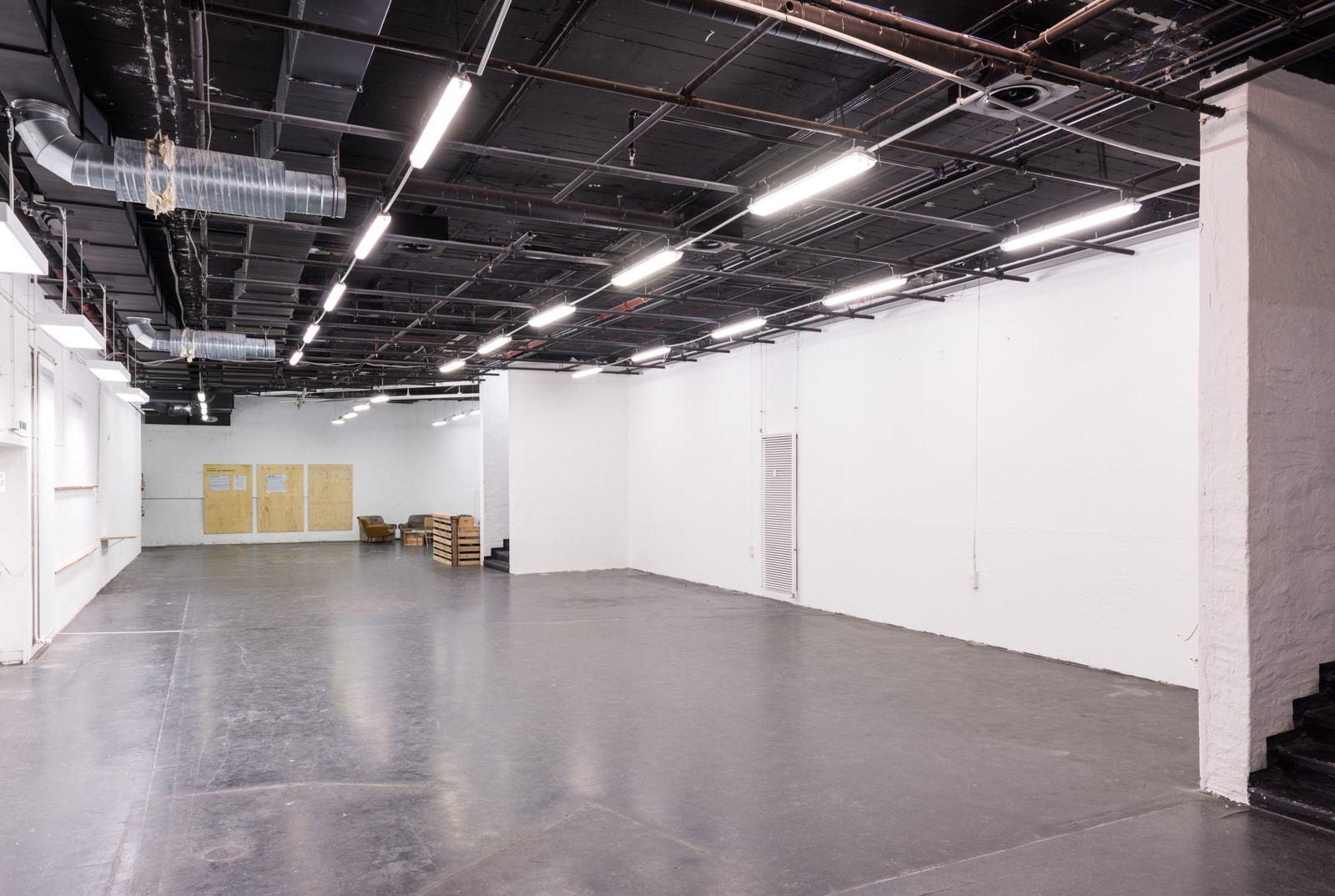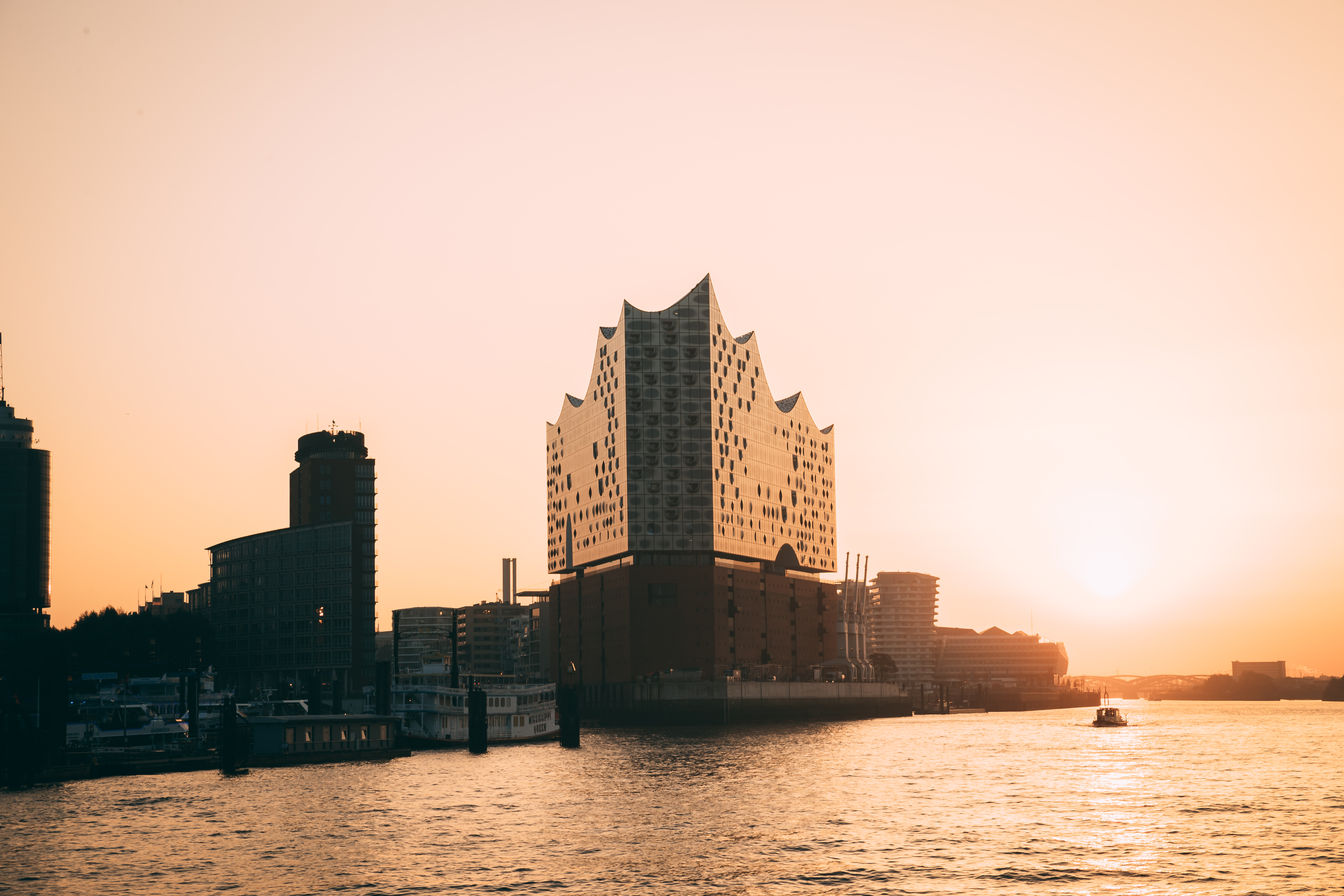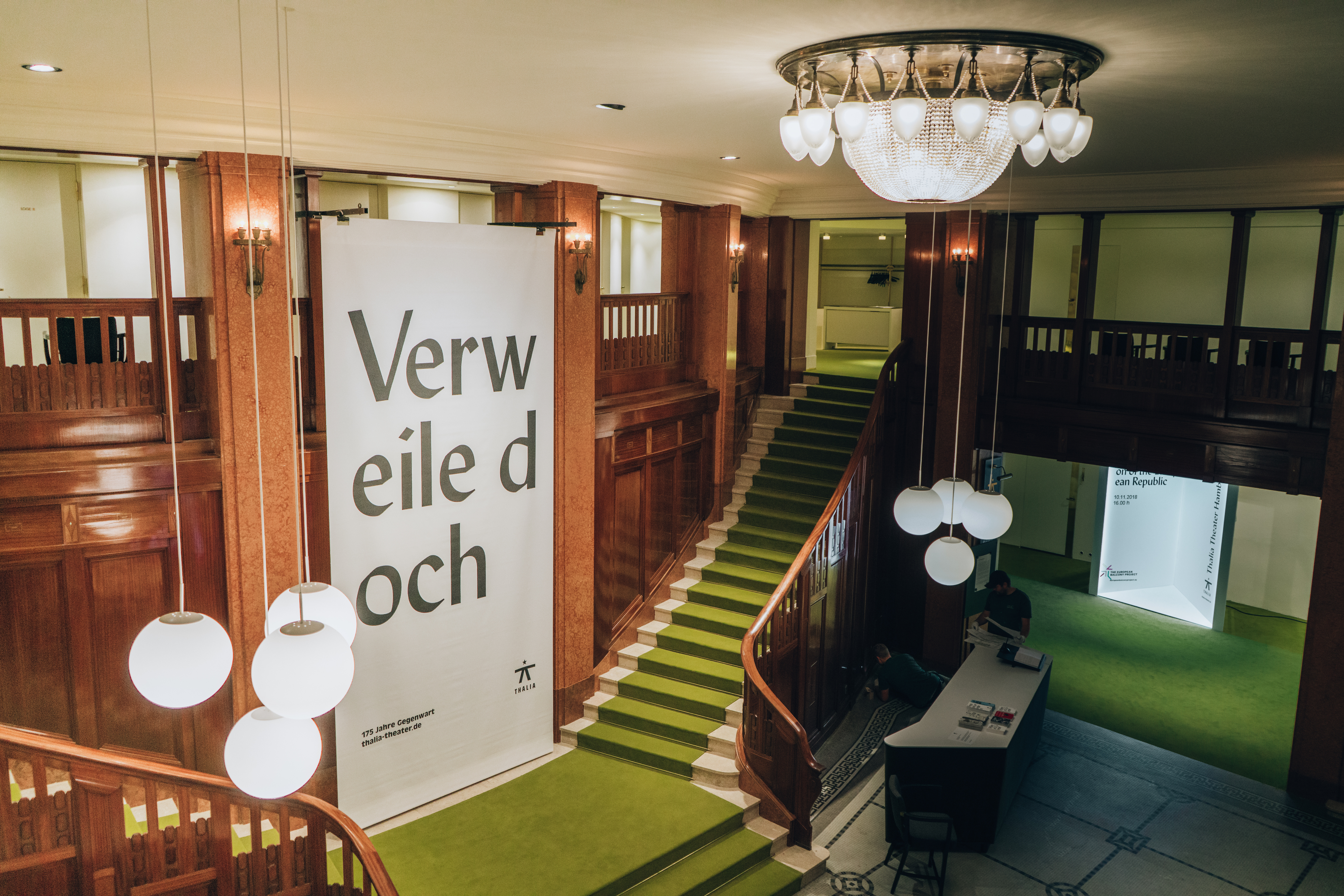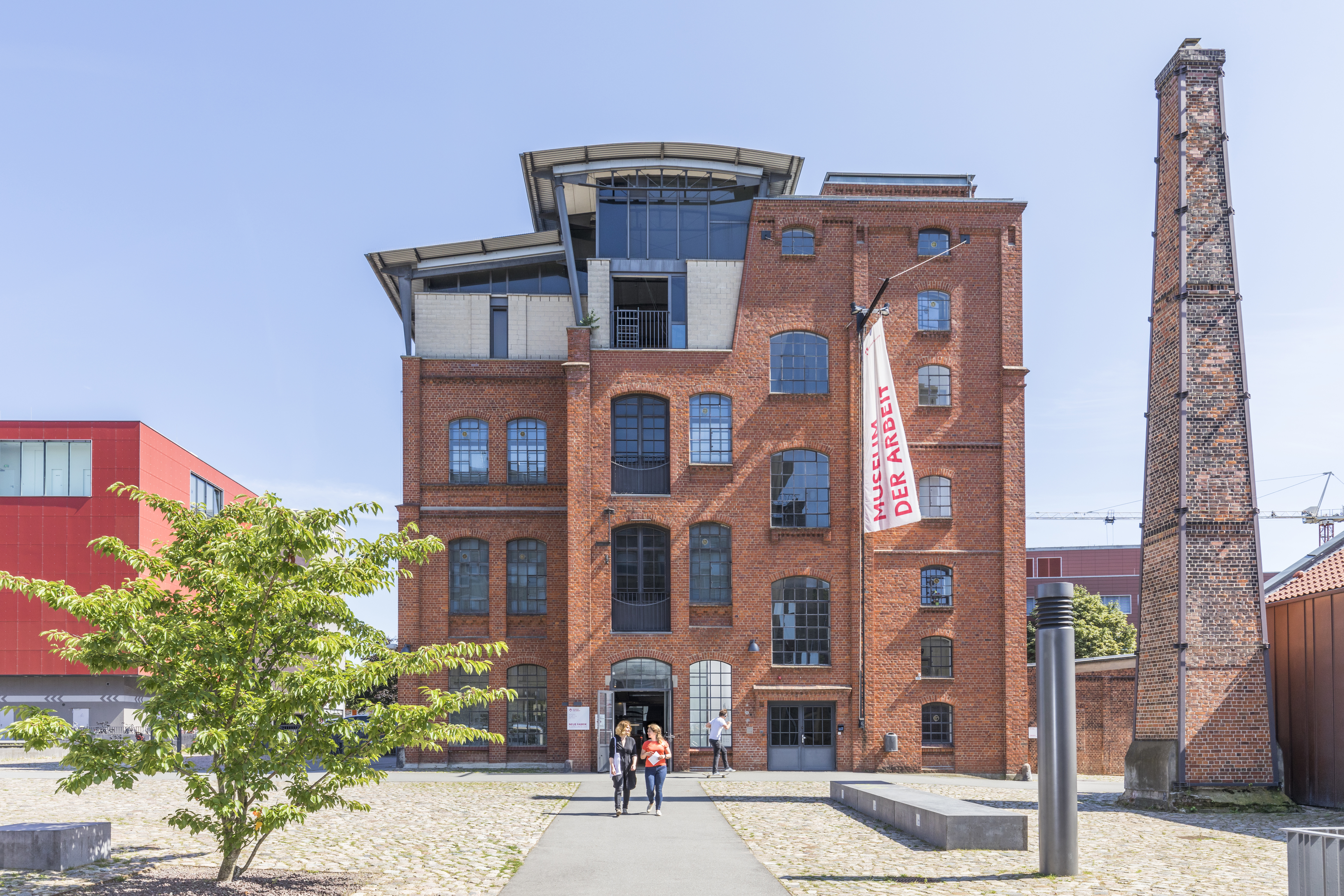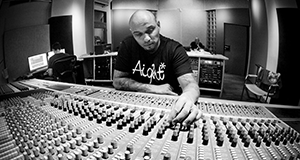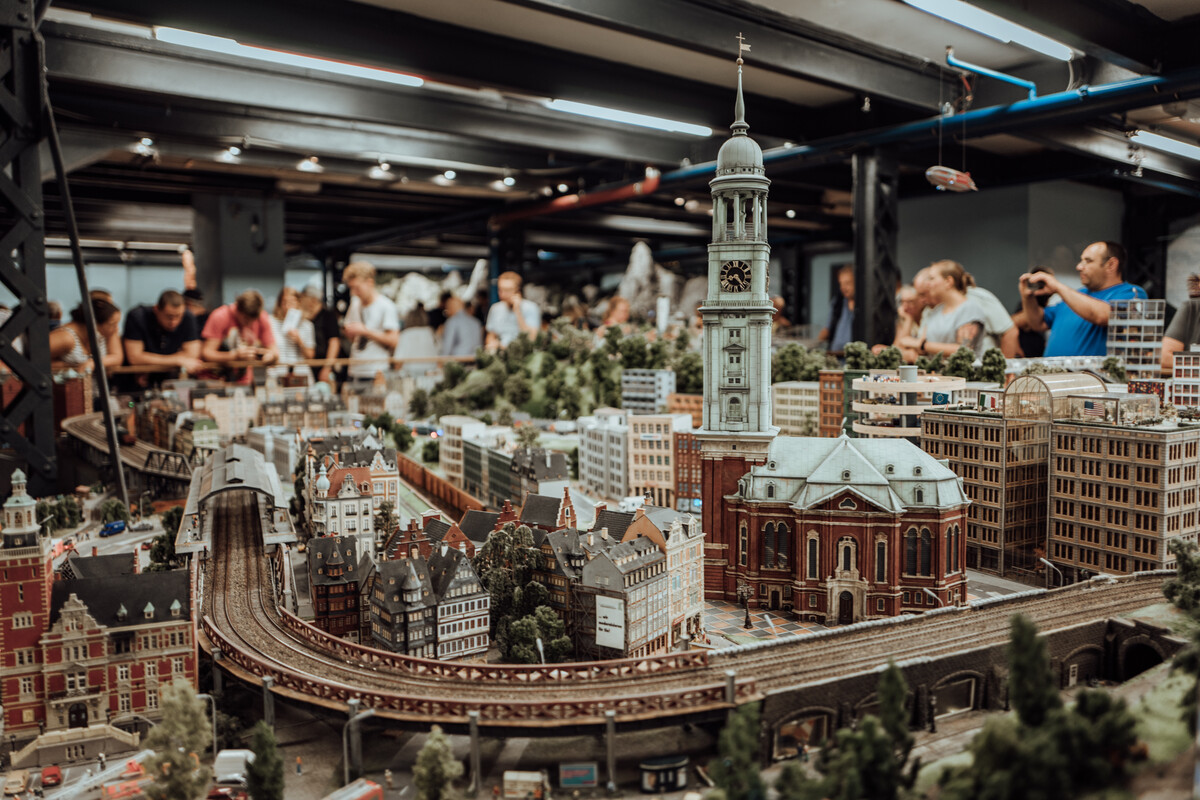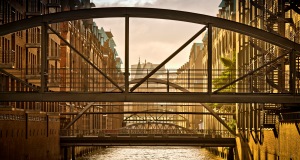A City Live on Stage - Hamburg’s Pop Scene
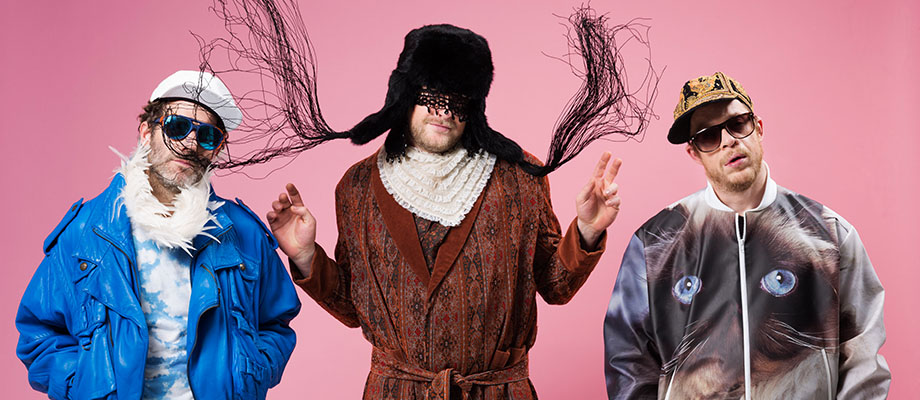
Rock ’n’ roll fever underneath the low ceilings of the “Molotow”, folk and country tunes behind the large windows of the “Hasenschaukel”, and newcomer bands on the Spielbudenplatz mesmerising passing tourists with their songs: once a year, Hamburg’s district of St Pauli is transformed into one big stage. During the annual Reeperbahn Festival, the pubs and clubs of the neighbourhood, as well as churches, lap-dance venues, theatres and local banks are filled with the sound of pop, rock, hip-hop, folk and experimental music. The Reeperbahn Festival is Europe’s biggest club festival and is used as a stepping stone by up-and-coming artists from around the globe – just like the South By Southwest Festival in Austin, Texas. Each year in late September, St Pauli, Hamburg’s most famous quarter, provides the ideal stage for this live music festival. After all, St Pauli’s 70 participating live venues are vibrating music hotspots all the year round.
The Roots of Rock Music
In Hamburg, rock music has a long tradition: for decades, the north German city of Hamburg has served as a stepping stone for artists from Scandinavia and Britain looking to enter the continental European market. And this is also how, back in August 1960, four young lads from Liverpool came to give their first live performance in the “Indra”: the Beatles! The “Indra”, the neighbouring “Kaiserkeller” and the stage of the legendary “Star Club” served as the training site and experimental ground for the young band. This is where, night after night, the Beatles learned to gel as a band, while also creating their own repertoire. The stages of these time-honoured live clubs continue to be a source of inspiration for newcomer bands from Britain and Scandinavia.
School of Hamburg and Hip Hop
In the 1990s, Hamburg even gave its name to a genre that is specific to the city: the so-called “School of Hamburg”. Bands such as “Die Sterne”, “Tocotronic” and “Blumfeld” were the German equivalent of US indie bands at the interface of grunge, punk and slacker music. Combining elements of youth culture, emotional sensitivity and political criticism, these bands are often subsumed under the genre of “discourse pop”. Today, up-and-coming bands such as “Trümmer”, “Die Heiterkeit” and “Schnipo Schranke” are following the political trail of the School of Hamburg.
Hamburg’s hip-hop artists of the 1990s also identified with the political themes set by Hamburg’s leftist scene: in lyrics, interviews or during solidarity gigs, bands and artists such as “Deichkind”, “Fettes Brot” and Jan Delay still continue to address socio-political issues. Yet, in more recent years, pure hip-hop has increasingly given way to other music styles: thus “Fettes Brot” now experiment with pop and electro tunes, while Jan Delay has been focussing on soul, funk, and, in a tongue-in-cheek way, even rock. “Deichkind” have long since created their very own style and continue to thrill audiences with their unique mix of electro-trash and heavy beats.
Up-And-Coming Artists of Today
Up-and-coming artists such as “Boy”, “Hundreds” and “Fuck Art, Let’s Dance!” are following suit. The female duo “Boy” produces light-hearted folk pop with a touch of melancholy, while “Fuck Art, Let’s Dance!” create danceable electronic synthie pop, catering for the latest trend among indie hipsters. “Hundreds” with their atmospheric sound float somewhere between day and night, with singer Eva Milner mesmerising audiences with her pure, timeless voice.
Hamburg is a great experimental ground for young artists at the beginning of their careers. The city is home to major music companies such as Warner Music and Edel Music, and renowned concert organisers such as Karsten Jahnke and FKP Scorpio coordinate world tours and international festivals from here. Hamburg’s club scene with its countless stages makes it easy for local bands to connect with their audiences. Small and unknown bands get their start in venues such as the “Astra Stube”, the “Logo” or the “Hasenschaukel” – and then go on to conquer bigger venues such as “Uebel & Gefährlich”, located in a former bunker, the “Knust” just opposite, or the “Grosse Freiheit” in the Reeperbahn quarter.
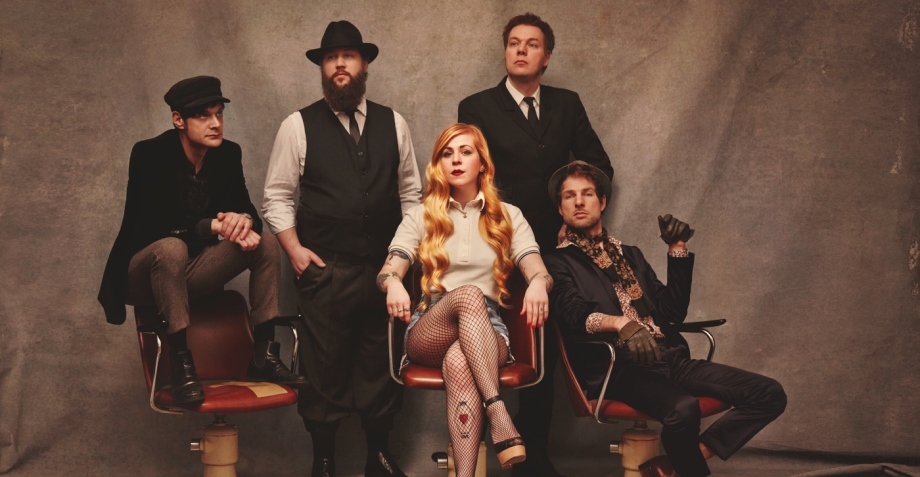
Opportunity for Young Artist to Kickstart Their Career
The areas of St Pauli and Schanzenviertel provide the ideal breeding ground for young artists: the clubs and record stores offer ample inspiration; the local bars provide bread-and-butter jobs; and the small labels, booking agencies and local independent associations are also in close proximity – and all of these are shaping the city’s music scene. Among them the label Buback, which serves as a music publisher and booking agency e.g. for Jan Delay, “Die Goldenen Zitronen” and “Deichkind”. More recent labels include e.g. Audiolith, Grand Hotel van Cleef, Tapete Records and Dial Records, all of which have been fostering new artists and genres since the early 2000s. For these labels, commercial interest is only of secondary importance; it is the love of music, the independent principle and the mutual support that count most. For instance, at electronic label Dial Records, a handshake with founders Peter Kersten and David Lieske is still worth more than an intricate contract devised by solicitors. Based on this ethos, Dial Records has been promoting internationally successful electronic artists such as Lawrence, DJ Efdemin, resident DJ at the “Berghain” in Berlin, as well as “Pantha du Prince”. The same can be said about Audiolith, where owner Lars Lewerenz has recruited bands such as “Egotronic”, “Frittenbude” and “Click Click Decker” not only as business partners, but also as friends.
Support by the City of Hamburg
During their start-up phases, some of these labels could be found in the “Karostar” music centre. Supported by the City of Hamburg, this centre for Hamburg’s local music scene has been home to numerous players from the music industry, ranging from record labels and music publishers to booking agencies. The “Karostar” premises are situated in close proximity to the “Media Bunker” – a former WW2 bunker, which is now home to the music channel Byte.fm, the legendary music club “Uebel & Gefährlich”, as well as several music studios. On the “Karostar” premises you will also find the music venue “Knust” as well as “Rockcity e.V.” – a non-profit organisation that supports young artists through mentoring programmes, workshops and their annual “Krach & Getöse” newcomer award. Past award winners include bands such as “Tonbandgerät” and “Fuck Art Let’s Dance!”. In the meantime, both bands have signed up to a label and continue to perform to sold-out crowds. Hamburg’s music scene in its most condensed form can be experienced at the “Hanseplatte” record shop, which is also housed in the “Karostar” music centre. “Hanseplatte” only deals in recordings by Hamburg musicians from the past three decades, offering anything from rare gems to the latest hits.
From Electro-Punk to Folk – the Variety of Hamburg’s Music Scene
If you work your way through the “Hanseplatte” shelves for the year 2015 alone, you will find that Hamburg caters for all shades of pop music – from electro-punk, techno, rock and indie to folk, pop, and even German Schlager. Almost every night of the week you can experience this diversity at any of the city’s countless live gigs: in the summer, the local and international music and DJ scenes are lured to the Dockville Festival south of the River Elbe. With its industrial charm and port setting, the Dockville Festival has featured bands such as Editors, Hot Chip, Santigold, Mount Kimbie among many others. Events such as the Elbjazz Festival, the “Soul am Hafen” festival or the Spektrum Festival, which draws hip-hop fans, cater for more specific genres. There are many more music events waiting to be discovered in Hamburg – the only thing that the city’s music scene is lacking is monotony.
